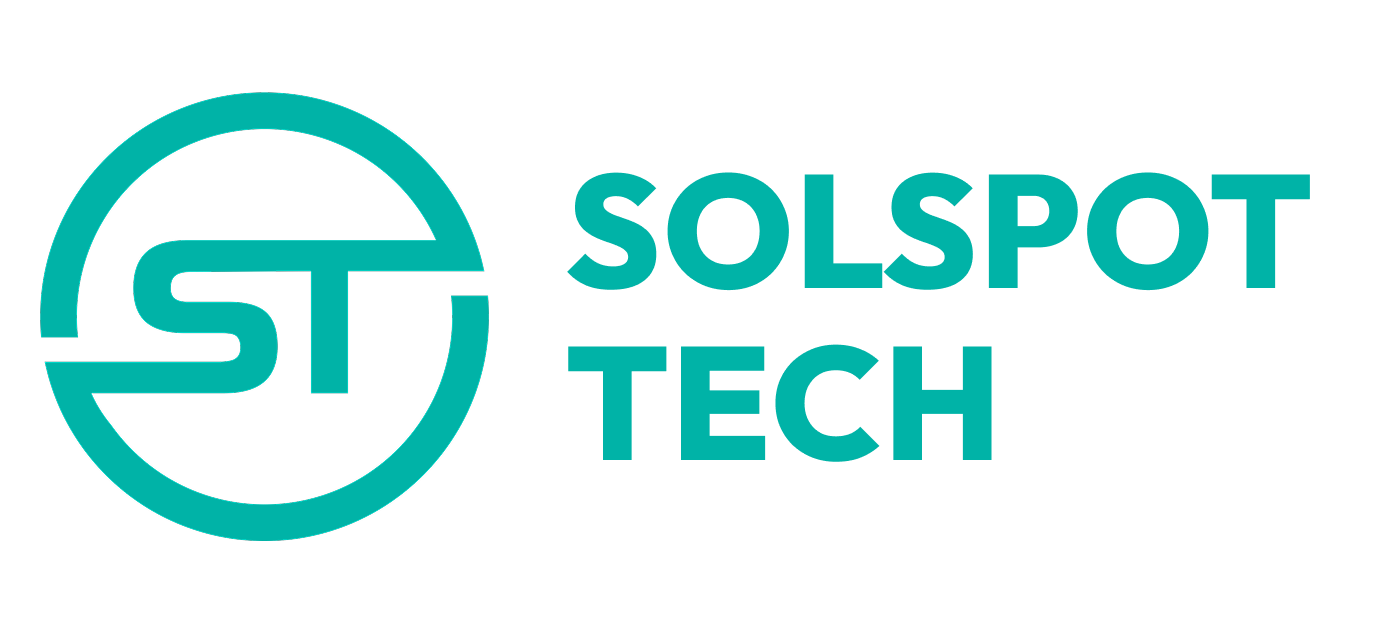Online gambling has become a popular form of entertainment, offering players the chance to win real money from the comfort of their homes. As the industry expands, questions about fairness and trustworthiness of casino games naturally arise. Modern players seek transparency, reliable technology, and regulatory oversight to ensure their bets are not manipulated. Understanding how fairness is established involves examining the underlying software, particularly the Random Number Generators (RNGs), which determine game outcomes. This article explores these aspects in depth, using the well-known platform cosmo casino as an illustrative example of current industry standards.
Key Indicators of Fairness in Online Casino Software
Evaluating Transparency in Game Algorithms and Source Code
Industry Standards for Fair Play Certification and Audits
Impact of Player Reports and Community Feedback on Trustworthiness
Evaluating Transparency in Game Algorithms and Source Code
Transparency in game algorithms is fundamental for establishing trust. Players and independent auditors look for access to source code or, at minimum, detailed documentation on how outcomes are generated. Although many casinos do not disclose their proprietary algorithms publicly, they often provide detailed RNG operation descriptions and proof of external testing. For example, some platforms use open-source components or release audit reports that verify their code’s integrity. This transparency reassures players that the outcomes are not fixed or manipulated, aligning with the principle that fairness stems from open and verifiable processes.
In practical terms, players can check whether the platform publishes regular audit results or certification seals. When a casino displays recognized industry seals—such as eCOGRA or iTech Labs—these indicate adherence to established transparency standards. Moreover, engaging with community feedback and player reports allows users to identify patterns or anomalies, further influencing perceptions of fairness.
Industry Standards for Fair Play Certification and Audits
Certifications from independent testing agencies are the gold standard for verifying game fairness. Such agencies conduct rigorous audits, examining RNG algorithms, payout percentages, and software security. For example, eCOGRA (eCommerce Online Gaming Regulation and Assurance) certifies platforms that meet strict fairness and security criteria. These audits are typically conducted periodically, with results published openly or shared upon request.
Additionally, regulatory bodies like the UK Gambling Commission or Malta Gaming Authority require licensees to undergo regular testing and submit to audits. These organizations enforce compliance with technical standards, ensuring that RNGs produce unpredictable and fair results. The certification process involves testing the randomness, ensuring the absence of bias, and verifying that the outcomes align with the advertised payout percentages.
Regularly updated audit reports and certifications serve as a trust bridge between players and operators, demonstrating a commitment to fairness rooted in regulatory compliance and independent verification.
Impact of Player Reports and Community Feedback on Trustworthiness
Beyond certifications, the collective voice of the gaming community plays a significant role in assessing fairness. Player reports, forums, and review sites often reveal insights into the consistency and transparency of game outcomes. When multiple users report irregularities or suspicious behavior, it prompts further investigation by regulators or independent auditors.
For example, if players notice patterns of unexpectedly low payouts or delayed responses from support regarding fairness claims, these serve as red flags. Conversely, positive feedback emphasizing transparency, prompt payouts, and clear communication reinforce trust. Many reputable casinos actively engage with their community, addressing concerns openly and providing verifiable evidence of fairness, whether through audit reports or live game demonstrations.
In this context, fairness is not just a technical feature but also a social contract that relies on active oversight and community participation.
Technical Foundations Behind RNG Reliability in Cosmobet Games
How Pseudorandom Number Generators Are Implemented and Tested
Role of Cryptographic Techniques in Ensuring Randomness
Frequency and Results of Independent RNG Testing Labs’ Assessments
How Pseudorandom Number Generators Are Implemented and Tested
At the heart of fair casino games lies the RNG, which simulates randomness to determine game outcomes. Most online casinos, including those comparable to cosmo casino, rely on pseudorandom number generators (PRNGs). These are algorithms that produce sequences of numbers that approximate true randomness. To ensure fairness, reputable operators employ well-established PRNG algorithms such as Mersenne Twister or CryptGen, which are tested extensively before deployment.
Implementation involves rigorous testing of the PRNG’s statistical properties—uniformity, independence, and unpredictability. Testing includes simulations over millions of spins or hands to verify that outcomes follow expected probability distributions. Additionally, developers often subject PRNGs to real-world stress tests and regularly audit their performance, especially after software updates or changes.
Real-world example: A casino might run internal tests and publish the results, demonstrating that the RNG produces outcomes that align with theoretical probabilities, thus fostering player trust.
Role of Cryptographic Techniques in Ensuring Randomness
Cryptographic techniques enhance the security and unpredictability of RNGs. Many platforms incorporate cryptographically secure pseudorandom number generators (CSPRNGs), which utilize methods like hash functions or encryption algorithms to prevent predictability. This approach ensures that outcomes cannot be reverse-engineered or manipulated, even by skilled adversaries.
For example, some casinos generate seed values for their RNGs through cryptographic processes involving real-time data, such as user inputs or external entropy sources. This makes the sequence of outcomes highly unpredictable, aligning with the principle that fairness requires outcomes to be both random and tamper-proof.
Research indicates that CSPRNGs, when properly implemented, provide a high level of security, making them the standard for online gambling platforms aiming to maintain integrity and player confidence.
Frequency and Results of Independent RNG Testing Labs’ Assessments
Independent testing laboratories such as eCOGRA, iTech Labs, and GLI regularly evaluate RNG software used by online casinos. These assessments include statistical analysis and security testing to confirm that the RNGs produce outcomes consistent with fair gaming standards.
Typically, labs conduct initial certification tests before a game or platform launches and periodic audits thereafter. The results are often published on the operator’s website or shared with regulatory authorities. For example, a platform might undergo quarterly tests, with reports indicating the RNG’s compliance with industry standards and its ability to generate uniform, unpredictable outcomes.
In practice, this ongoing scrutiny reassures players that the software remains fair over time, emphasizing the importance of independent validation in the broader context of trust in online gambling.
Comparative Analysis of Software Providers’ Trustworthiness
Profiles of Leading RNG Software Vendors Working with Cosmobet
Case Studies of Proven Fairness from Industry-Recognized Providers
Differences Between Proprietary and Licensed RNG Solutions
Profiles of Leading RNG Software Vendors Working with Cosmobet
Several renowned vendors supply RNG technology to online casinos, including Microgaming, Playtech, NetEnt, and Evolution Gaming. These companies invest heavily in research, certification, and ongoing testing to ensure their RNGs meet international standards. For instance, Microgaming’s RNG algorithms have been certified by multiple independent labs, making their outcomes trustworthy and well-regarded in the industry.
Their solutions often include built-in audit trails, cryptographic security, and transparency features that operators can leverage to demonstrate fairness to players.
Case Studies of Proven Fairness from Industry-Recognized Providers
One notable example involves Playtech’s RNG, which has been certified by eCOGRA and tested over a decade of operation. Independent audits consistently confirm its fairness, with payout percentages aligning closely with theoretical expectations. Such case studies serve as benchmarks for trustworthiness, providing players with confidence that outcomes are genuinely random.
Similarly, Microgaming’s RNG has undergone extensive testing, with audit reports publicly available, reinforcing the perception of fairness and transparency.
Differences Between Proprietary and Licensed RNG Solutions
Proprietary RNGs are developed in-house by a casino or software provider and may lack third-party verification, raising concerns about transparency. Conversely, licensed RNG solutions are certified by independent agencies, ensuring compliance with industry standards and providing external validation of fairness.
While proprietary solutions can be tailored to specific platforms, they require rigorous independent testing to gain player trust. Licensed solutions, on the other hand, benefit from an established reputation and regulatory oversight, which are critical for maintaining transparency and confidence.
Assessing Transparency and Regulatory Compliance for Player Confidence
How Cosmobet Communicates Fairness Policies to Users
Regulatory Bodies’ Role in Verifying Game Fairness
Impact of Local and International Gambling Laws on Software Transparency
How Cosmobet Communicates Fairness Policies to Users
Transparency begins with clear communication. Reputable platforms like cosmo casino often publish their fairness policies, explaining the steps they take to ensure game integrity. This includes details about their RNG technology, certification status, and audit procedures. Many sites also provide access to audit reports or links to independent testing agencies, making verification accessible for interested players.
Moreover, some platforms incorporate real-time transparency tools, such as showing live results or providing detailed payout statistics, fostering a sense of openness and trust.
Regulatory Bodies’ Role in Verifying Game Fairness
Regulatory authorities, such as the UK Gambling Commission or Malta Gaming Authority, play a critical role in certifying online casino software. They require licensees to implement secure, tested RNGs and conduct regular audits. These bodies enforce strict standards, and their certification seals serve as a mark of credibility for players.
For example, a license from the UK Gambling Commission mandates compliance with technical standards, including RNG testing, payout verification, and responsible gaming policies. This external oversight is essential for maintaining industry integrity and player confidence.
Impact of Local and International Gambling Laws on Software Transparency
Legal frameworks shape the transparency and regulation of online gambling. Jurisdictions with strict laws, such as the UK or Malta, require rigorous testing and certification of RNGs, ensuring fairness and security. Conversely, less regulated regions may lack stringent oversight, increasing the risk of unfair practices.
Global operators often seek licenses from reputable jurisdictions to demonstrate compliance, which in turn reassures players about the integrity of the software. Understanding the legal environment helps players assess the trustworthiness of online platforms and their software solutions.
In conclusion, the fairness of online casino games, exemplified by platforms like cosmo casino, depends on a combination of transparent algorithms, rigorous certification, independent testing, and regulatory oversight. As technology advances and regulations tighten, players can feel increasingly confident that their games are fair and random—an essential foundation for responsible and enjoyable online gambling.

